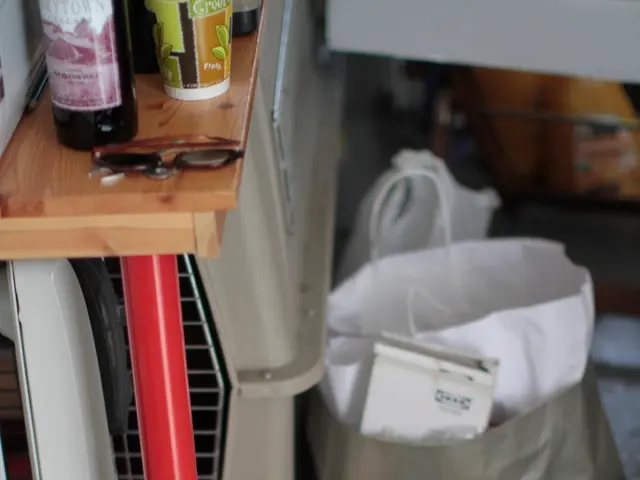Organ Donation Methodologies: Discussing the Merits of Opt-In and Opt-Out Systems
Worldwide organ donation policies exhibit significant variations, prompting a debate over the most effective approach: opt-in or opt-out. Researchers from the UK, in a study published in BMC Medicine, examined organ donation protocols in 48 countries over 13 years, comparing the two systems.
In opt-in systems, individuals must actively register their intent to donate organs post-mortem. In contrast, opt-out systems assume consent for organ donation, unless explicitly stated otherwise. However, Prof. Eamonn Ferguson from the University of Nottingham acknowledges that both systems rely on individuals making an active decision, which may lead to certain drawbacks: "Individuals may neglect to act for various reasons, including loss aversion, effort, and trust in the decision-making process."
While inaction in an opt-in system may result in individuals who wished to donate not doing so (false negatives), inaction in an opt-out system could potentially lead to someone who does not wish to donate becoming a donor (false positives). The US, which operates with an opt-in system, saw 28,000 transplants last year due to organ donors, but around 18 people die daily due to a scarcity of donated organs.
The research, involving collaborators from the University of Stirling and Northumbria University, analyzed organ donation systems in countries using either opt-in or opt-out systems. They observed that countries with opt-out systems had higher total numbers of kidney donations—the organ most in demand by those on organ transplant lists. Opt-out systems also recorded a greater overall number of organ transplants.
However, opt-in systems had a higher rate of kidney donations from living donors. Prof. Ferguson notes, "This influence on living donation rates has not been reported before and is a subtlety that requires attention." The authors concede that their study had limitations, including not accounting for variations in opt-out legislation among countries and failing to assess other factors impacting organ donation.
Despite increased organ donation rates in opt-out countries, the authors remind us that such systems do not eliminate organ donor shortages. Prof. Ferguson suggests that further research will be necessary to ascertain individual attitudes and beliefs towards organ donation. Factors such as consent policies, hospital bed availability, and procurement procedures could be evaluated longitudinally and made publicly available for policy-makers to consider.
Future research might also address the feasibility of animal-sourced organs as a means to alleviate the current organ shortage or if improvements to organ donation policy can address this issue more effectively. Spanish organ donation rates rank the highest globally, attributed not solely to the opt-out system but also to factors like a transplant coordination network and quality public information on organ donation.
- Advocates for opt-out organ donation policies argue that the system, widely used in many countries, results in higher numbers of kidney donations and overall organ transplants.
- As research led by the University of Nottingham indicates, opt-in systems have a higher rate of kidney donations from living donors, a subtlety that hasn't been reported before.
- In the debate over opt-in or opt-out systems, science seeks to understand individual attitudes and beliefs towards organ donation, potentially guiding policy-makers in their decisions.
- Amid the ongoing discussion on effective organ donation strategies, the notion of retargeting efforts towards educational-and-self-development materials and general-news platforms to increase awareness about organ donation has gained traction.
- As organizations strive to address the organ donor shortage, one possible solution under investigation is the ethical use of animal-sourced organs for transplants, or improving existing organ donation policies through contextual research in medical-conditions, health-and-wellness, fitness-and-exercise, and nutrition.
- While Spanish organ donation rates lead the world, achievements extend beyond merely operating under an opt-out system, encompassing factors such as a transplant coordination network and high-quality public information dissemination.








